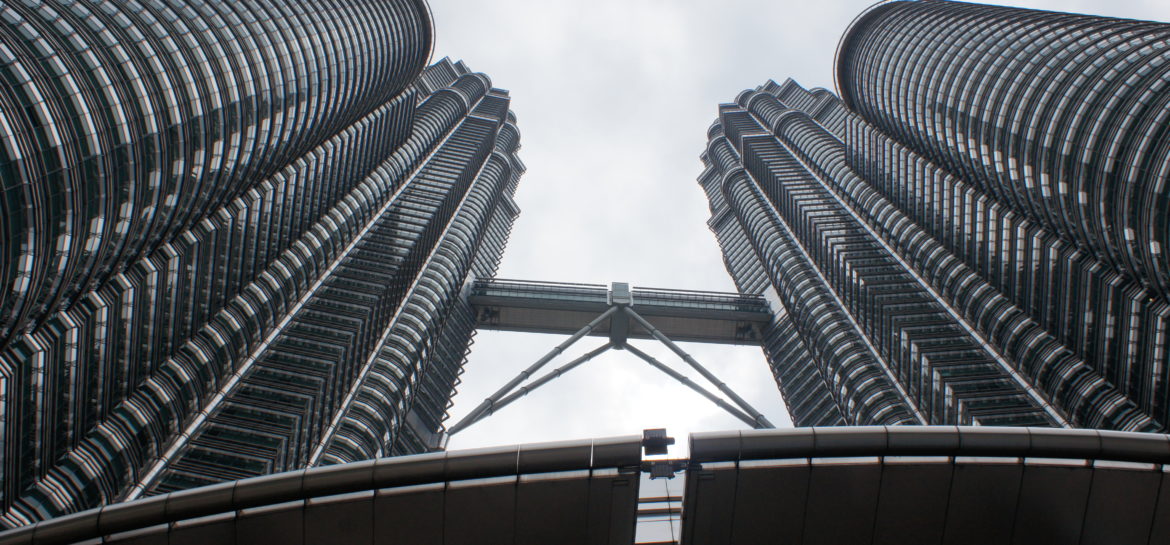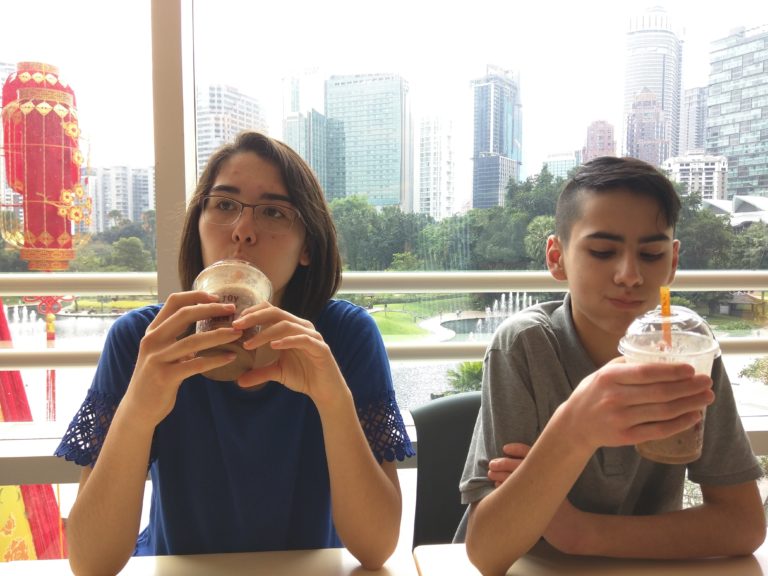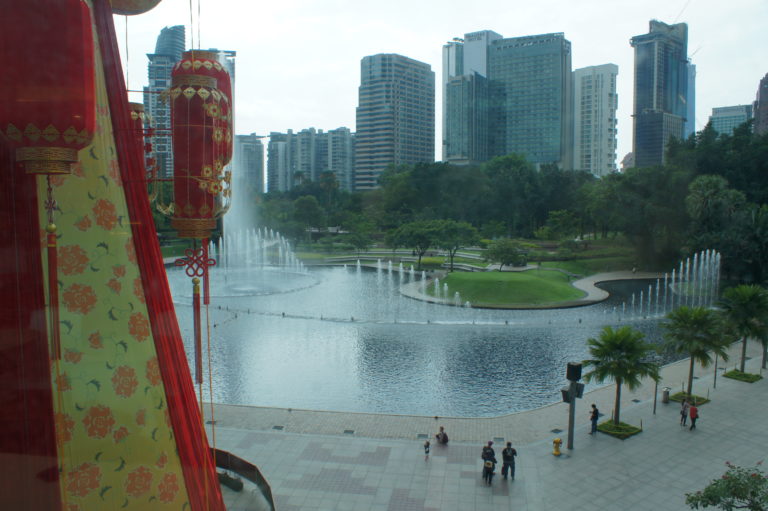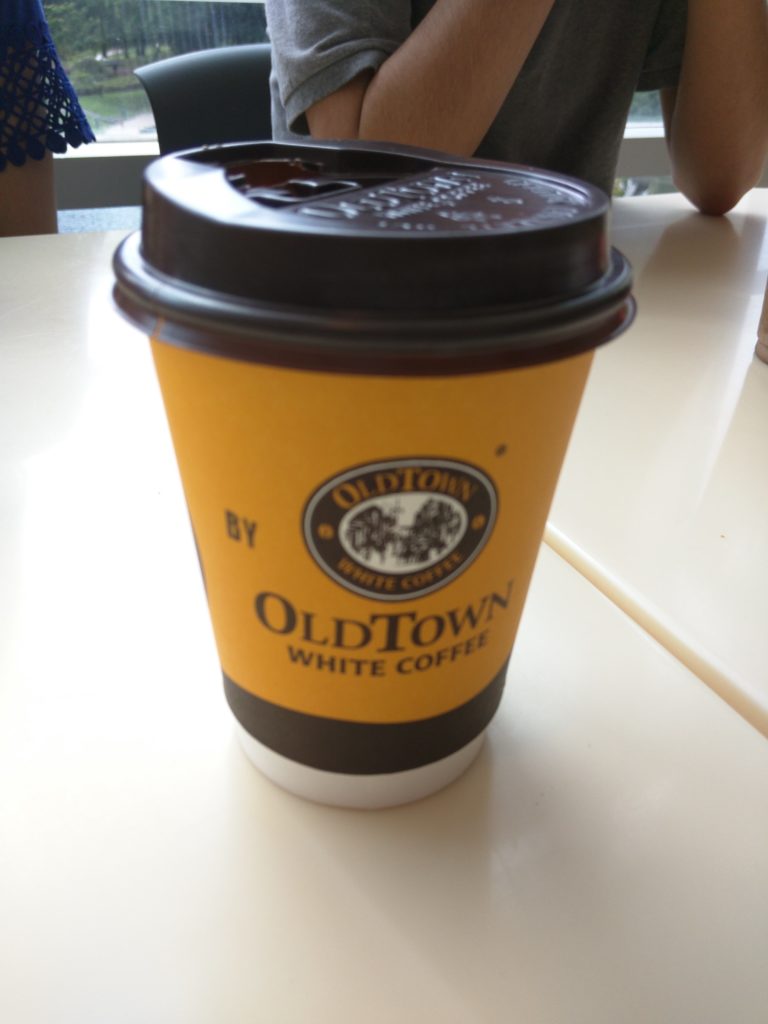
If you haven’t done so in a while, look at a map and notice how big Asia is. Flying across it takes some time. Budget friendly fares also mean that often long layovers are part of the experience. Sometimes, just like our family’s favorite travel celebrity Anthony Bourdain advises, layovers can be great excuses to see someplace that may not have been on your original itinerary. Sometimes they become beautiful memories.
Welcome to Kuala Lumpur.

The capital of Malaysia, Kuala Lumpur sits on Peninsular Malaysia, just south of Thailand and is a common stopover to destinations in Thailand and Indonesia. Facing 10 hours in the airport on our recent trip, we decided to hire a local guide and see something of this city.

Of the countries I’ve visited in Asia, Malaysia takes the prize for most diverse. Geographically positioned in the key cross-ways for trade by both land and sea, it is populated by a mixture of Muslim Malays, ethnic Chinese, and those of Indian descent. You see this multi-cultural flare in the varied dress of people walking around, the different cultural markets catering to Indians, Indonesians, Chinese or others, and in the easily expressed smiles and welcoming looks that are so common throughout Southeast Asia.
Our local guide, Akmal, joked that he was a true Asian as his grandmother on his mother’s side was Chinese, his grandfather Vietnamese, and his father Malaysian. So, he decided to marry an Indonesian. I replied that it reminded me of the US because we’re all from somewhere else there too.
Akmal had a day planned for us to proudly showcase his home town and he treated us as an honored guest every minute. If you are ever in Kuala Lumpur – let me know – you should look him up.
I have always considered Kuala Lumpur a big city. Whether seeing the skyline in a movie, hearing about it in the news, or just looking at it on a map, in my mind’s eye it was big. But our first impression was that this city felt more familiar than big. There weren’t throngs of cars coming in and out of the airport or crowds of people on the sidewalks. Our driver met us right at the curb and fully expected to be able to see us just walk out the airport doors and into his car after we arrived. The roads were open and free of traffic and parking was available later that day in an actual pull in parking spot at the base of the towers. Making Kuala Lumpur look provincial, Shanghai has forever changed our view of a big city.


First up on our driving tour of the city was Batu Caves – a series of cave and cave temples in a limestone mountain built as a shrine to the Hindu Lord Mururgan. Conveniently, for those list counters amongst us, it is also the world’s largest statue of Lord Murungan. I was looking forward to the change of culture. As we let our minds wander with the jet lag of our overnight flight from Shanghai, we were roused out of our reverie of upcoming Hindu shrines when the car suddenly stopped in traffic. Yes, it was a legitimate traffic jam. We learned our visit coincided with a major festival drawing many local Hindus to the shrine. It would have taken several hours to get in and fight the crowd. As we had plans for later in the day, we had to console ourselves with a slow pass-by and photos of massive Lord Murugan from the roadside.



Next up were the “twins” as they are affectionately referred to in local slang. They are the pride of Kuala Lumpur and, though have been eclipsed by the skyscrapers of Shanghai and Dubai, still maintain the moniker of the tallest twin towers in the world. After stopping for breakfast and a couple much needed cups of real (and very good) coffee, up we went.



The Petronas Towers are beautiful – outside or inside – with their sculpted metal edges and undulating lines rising towards the sky.




Akmal admitted that Asians are very competitive and as such Kuala Lumpur won’t rest easy until it has another go at the largest building title. A new building is currently being constructed near the towers.



After a leisurely tour of the towers, it was back into the car and the still relatively quiet streets to see the Sultan’s Palace. The Sultan we learned was home that day (maybe watching sports on the couch Akmal joked) as indicated by the flag of residence waving above his very large home.



Next up, and our last stop before heading back for our flight, was the National Monument. The monument honors the lives lost in the struggle for Malaysian independence through both the Japanese Occupation in WWII and the country’s civil war from 1948 – 1960. The monument is set within the botanical gardens and large aviary. It is beautifully laid out and again I kept thinking of similar United States monuments. It didn’t help my confusion and jet-lag when the Malaysian flag blowing in the wind also kept me wondering where I was.


Back at the airport, Akmal pulled around to the departure gate, got out and helped us with our luggage and waved goodbye. We were tired, but had smiles and lasting fond memories of this country. He reminded us Malaysia has beautiful beaches and jungles like Thailand. OK. We’ll be back.
